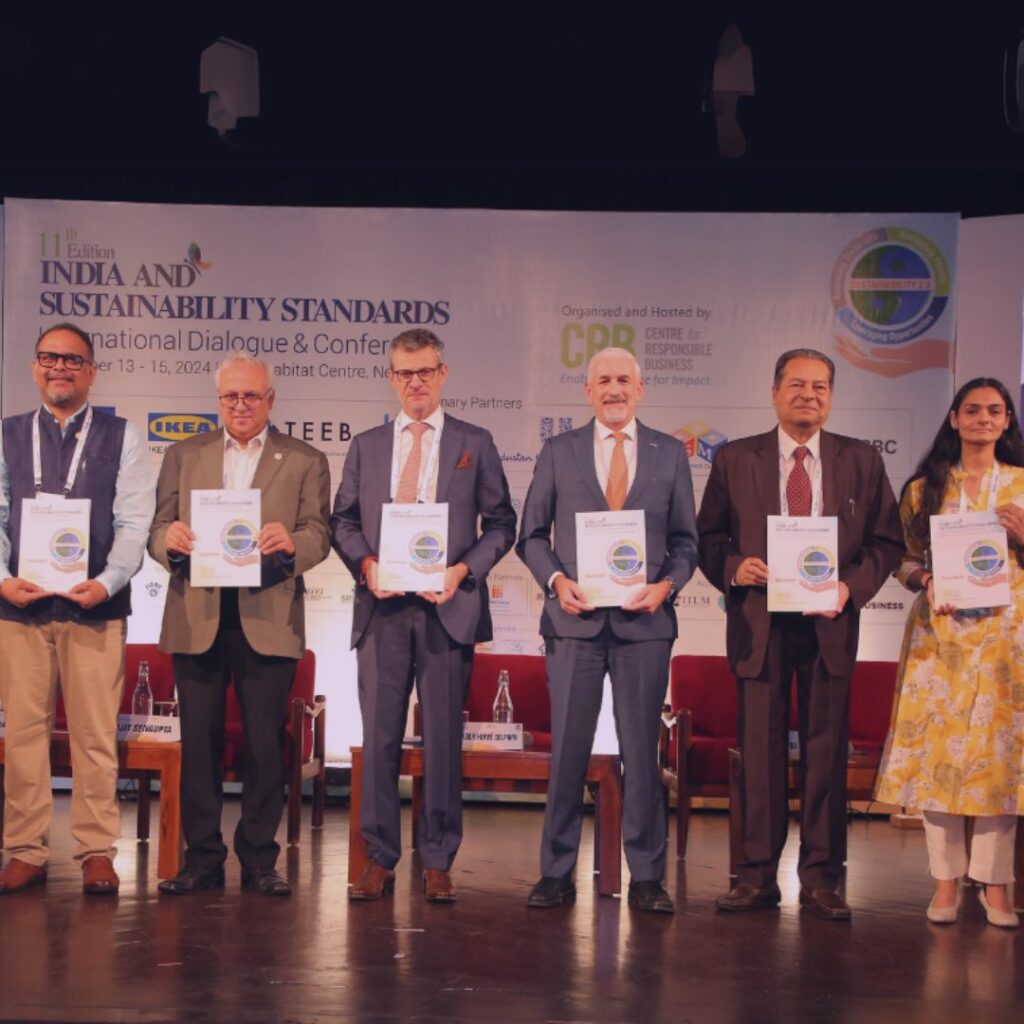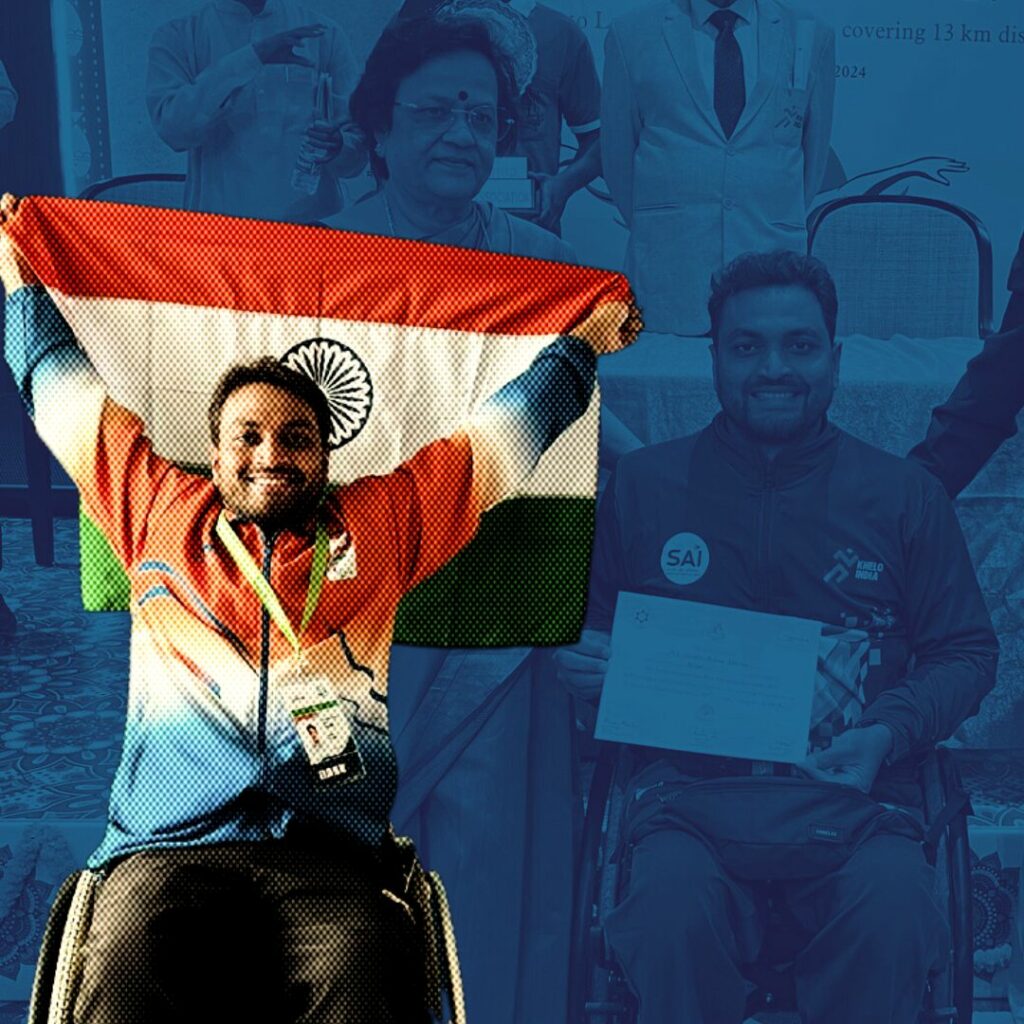The global population is undergoing a rapid ageing process, with estimations pointing towards a substantial increase in the number of older adults across the world. Recent data from the World Health Organization (WHO) indicates that by 2030, the global population aged 60 and over is expected to reach 1.4 billion, significantly impacting the demographic landscape. With this transformation comes a pressing need to address the various mental health challenges that often accompany the ageing process.
In a comprehensive analysis, the WHO underscores the vital role played by older adults in their families and communities, noting their contributions as volunteers and workers. However, despite their valuable societal roles, a significant number of older individuals face a range of mental health concerns, including but not limited to depression, anxiety disorders, reduced mobility, chronic pain, frailty, and dementia.
Statistics revealed by the WHO highlight that approximately 14% of adults aged 60 and above grapple with some form of mental disorder, contributing to 10.6% of the total disability among this age group. Among the most prevalent mental health conditions for older adults are depression and anxiety, with a significant portion of global suicide deaths occurring within this demographic.
The report emphasizes the often-underrecognized and undertreated nature of mental health conditions among older individuals, often exacerbated by the associated stigma, which hinders many from seeking appropriate support and treatment.
Various risk factors contribute to the complex interplay of mental health challenges among the elderly, including adverse life events, financial insecurity, social isolation, and loneliness. Furthermore, the issue of elder abuse, both within familial and caregiving contexts, adds to the multifaceted challenges faced by this demographic.
In response to these pressing concerns, the WHO advocates for a holistic approach to mental health promotion and prevention for older adults. Strategies include addressing social determinants such as financial security, accessible housing, and social support systems, along with emphasizing healthy behaviors, social engagement, and caregiver support initiatives.
The WHO highlights the urgent need for prompt recognition and integrated care for mental health conditions among older adults, calling for comprehensive interventions and support systems that cater to their unique and evolving needs. Emphasizing the significance of mental health in the overall well-being of the ageing population, the WHO continues to collaborate with global partners to develop and implement strategies that foster mental health resilience and support for older adults worldwide.
Also Read: Mind Matters: Unraveling Complex Interplay Between Mental Health & Obesity











